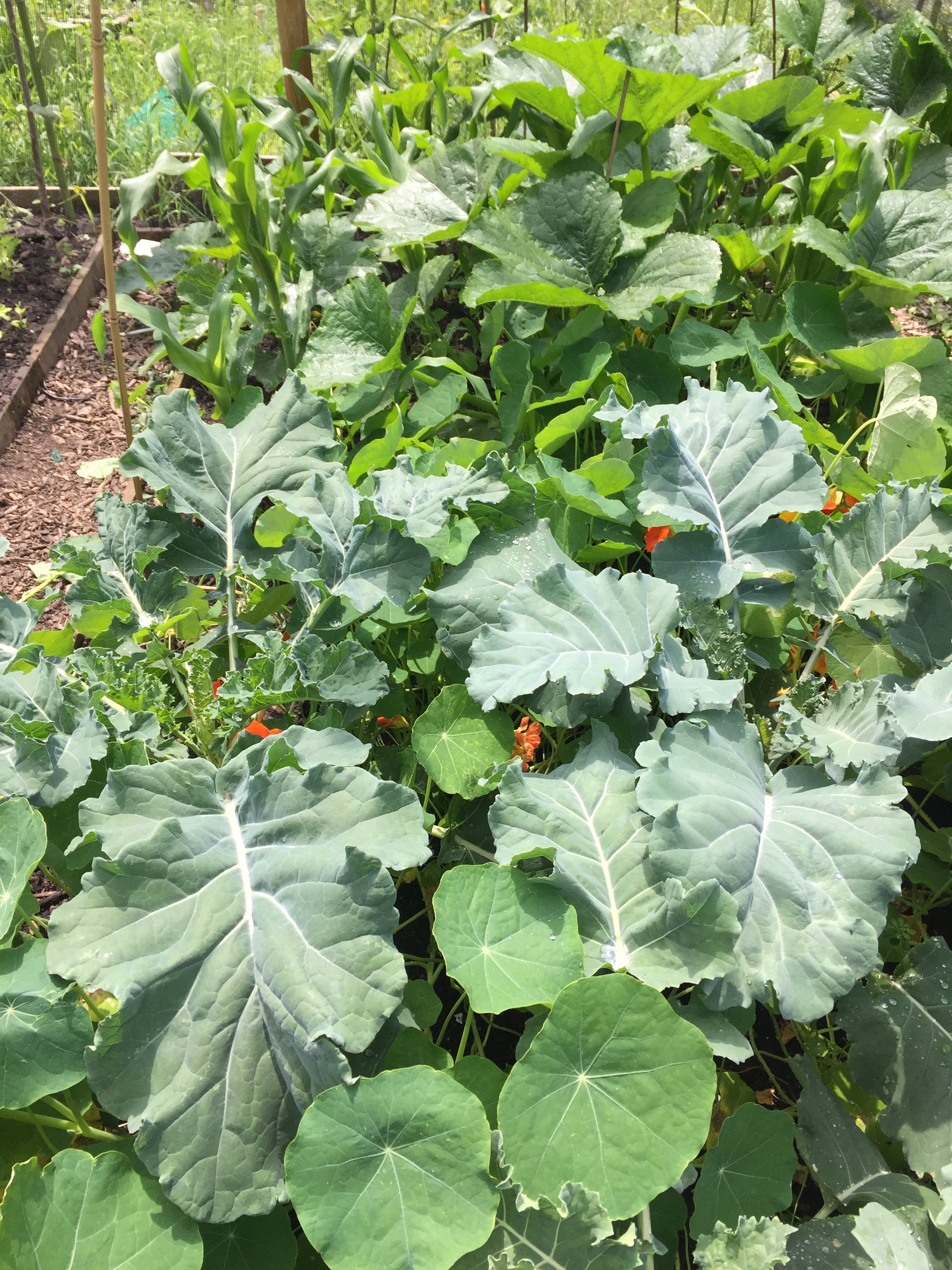
My Dad had a simple repertoire of basic food – it was grilled bacon. Aside from that he couldn’t cook at all. I went to see him one day and he said “Thank goodness you’ve come, I just offered to make my friend a coffee but I don’t know how to do it”. “Just add boiling water, Dad”. My Mum on the other hand was a plain cook, largely I think due to my Dad’s culinary conservatism; but – although I never realized this until recently – she broke all the stereotypes and not only taught my sister to cook but me too. I was only thinking about her the other day when I was coating a piece of fish with flour, egg and breadcrumbs. I have no idea how old I was but after she taught me how to do it, I clearly remember tipping the leftover flour back into the tin complete with the fishbones I’d removed from the fish. Why I did that I’ve no idea, but my Mum was a fierce complainer and so later, when she discovered the bones, she sent the bag back to Henry Jones on Stapleton Road and demanded a refund. I was too scared to tell her that I was the culprit but the flour mill sent three bags by way of compensation without questioning the likelihood of their product being contaminated by fishbones. The first home baked loaf of bread I ever encountered was made by her. In those days flour came in two sorts – plain and self raising both white and over refined, The plain was a soft flour, low in protein, and really only suited to cakes and so her bread never tasted as good as the loaves from the bakery at the top of the road. The process, though, was fascinating and has always stayed with me.
Today I was making a chicken and ham pie and as I rolled and cut out some decorative leaves I remembered that was another of the tricks she taught me. On another occasion I asked how she knew that the Yorkshire pudding batter was thick enough she didn’t say a word, but swished a spoon back and forth in the bowl making a distinctive plopping sound that I’ve never forgotten. I still use the same test today.
So I do realize that expecting young people to cook these days is a counsel of perfection however powerful the arguments in favour. I still think it’s worth a nag, though, because in these straitened times cooking is an act of resistance as well as a deeply satisfying and therapeutic (yes, that word again) way of spending some time. There’s a kind of alchemy to cooking; taking basic ingredients and by combining them creating something with depth and complexity. The combination of chicken, leeks and tarragon with good stock transcends its ingredients. All power, then, to the charities that are working so hard to teach young people how to do it. Two of our sons are professional chefs and the other is a more than competent cook too, but so many 18-30’s have grown up without any exposure to what I’d like to call real food which introduces the skill of making lovely meals from the cheapest raw ingredients and might even lead to a job eventually. Eating together creates powerful bonds too. Junk food makes us ill and in extreme cases even kills.
I’m profoundly grateful for my Mum’s departure from the 1950’s norm. Of course, at school, my sister learned dressmaking and home economics while I did some wood work and engineering – skills which should never have become gendered, but we both escaped with the cookery basics on which we could build and, in case you’re wondering, I could also sew a patch on my jeans or stitch on a button. At school one of our sons did at least get a chance to cook, but when he made a bechamel sauce properly his teacher said she’d never seen one that wasn’t lumpy before – oh dear! Just think – most of us can’t afford to eat out except for rare special occasions – but if you can cook you can eat like the rich; better in fact because they’re completely dependent on other people to feed them.
At the Potwell Inn we make five meals from a medium sized chicken with some lovely chicken stock, using up even the leftovers. A simple rolled breast of lamb or piece of pork belly makes the most fabulous and inexpensive meal, and ironically a piece of unpasteurised handmade Cheddar turns out to be far more economical than the cheaper industrial product because the flavour is so much better. Our waste is greatly diminished too, with all our paper, cardboard and peelings going straight to the compost heap.
Being hard up is tough going and our hearts go out to the young people who are struggling. This culture sucks the life out of us if we let it, but we don’t have to accept the King’s Shilling and become dependent. Being just that bit independent with the allotment and the kitchen lets us lift two fingers to the bailiff and the beadle.



















